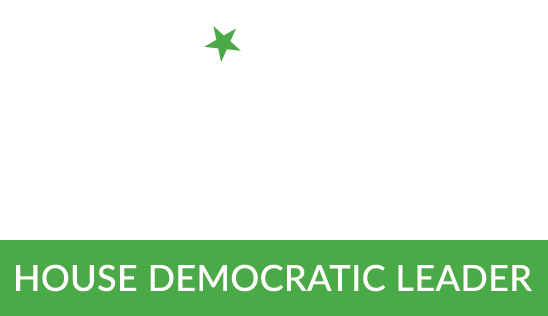WRAL, By Matthew Burns, WRAL.com senior producer/politics editor, and Laura Leslie, WRAL Capitol Bureau chief
RALEIGH, N.C. — Changes to early voting schedules cleared the General Assembly on Friday, less than 40 hours after they were unveiled.
The legilsation now heads to Gov. Roy Cooper after party-line 61-40 and 23-11 votes in the House and the Senate, respectively.
“The governor will review the final legislation, but he has concerns about anything that could result in fewer opportunities for people to vote,” Cooper spokeswoman Sadie Weiner said in an email.
The proposal sets up a 17-day early voting period that runs from mid-October to the Friday before Election Day, eliminating voting on the final Saturday before Election Day. It also would require all early voting sites to be open 7 a.m. to 7 p.m. on weekdays during the period. Counties could set their own weekend hours, but all sites would have to be open those hours…
…Opponents, however, called forcing counties to keep sites open 12 hours on days that traditionally have been slow for early voting an unfunded mandate that will mean fewer sites overall or no weekend voting in an effort to control costs.
“We need local flexibility, not the strong arm of the state, for political purposes, to suppress the vote,” said Rep. Marcia Morey, D-Durham.
Morey and other Democrats noted how the bill, which was originally a tax-cut proposal the Senate passed last year, appeared without warning late Wednesday night and that no state or local elections officials had been consulted.
“This seems to have popped up out of nowhere, and that’s what has got people edgy,” said Rep. Robert Reives, D-Chatham.
“In the most undemocratic way possible, we’re undermining democracy,” said Sen. Jay Chaudhuri, D-Wake, noting the revamped bill didn’t go through a single Senate committee hearing.
The State Board of Elections & Ethics Enforcement sent a letter to legislative leaders Thursday asked for advance notice of any elections-related bills. Members said they or their staff could have provided input to make administration of the proposed changes more efficient.
“This isn’t an emergency,” Reives said of rushing the changes through in the waning days of the session. “If we had an election under the exact rules we have now … we’d be fine.”

